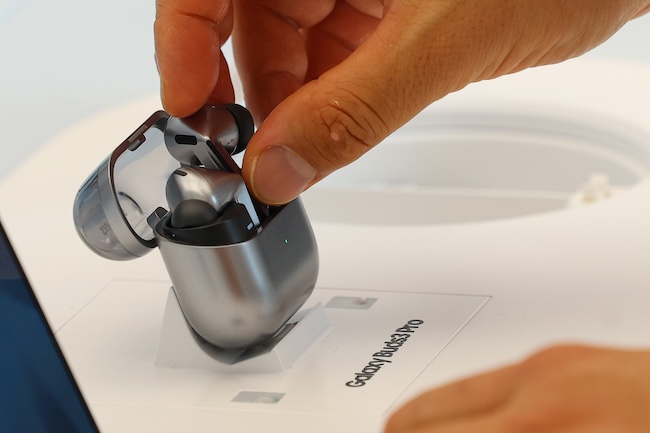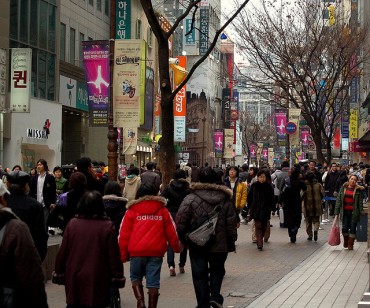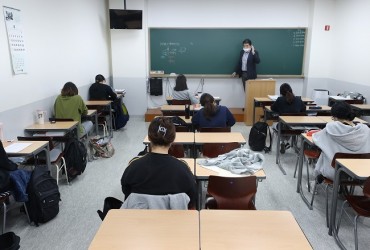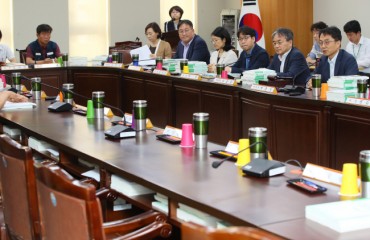SEOUL, Sept. 25 (Korea Bizwire) – In a significant move to address electronic waste, South Korea’s Ministry of Environment announced on September 24 that it would broaden the scope of its recycling program to encompass a wider range of electronic devices, including Bluetooth earphones, clothes dryers, and electric scooters.
The change, set to take effect in 2026, will require manufacturers and importers of these products to collect and recycle a specified quantity of their goods.
This initiative is part of the country’s Extended Producer Responsibility (EPR) initiative, which aims to promote the recycling of electrical and electronic products as well as automobiles.
Under the revised Act on Resource Circulation of Electrical and Electronic Equipment and Vehicles, the EPR system will now apply to virtually all electrical and electronic products, with exceptions for industrial and large-scale equipment and military supplies.
Previously, the program covered only 50 types of medium and large-sized products.
The ministry plans to officially announce the amendment to the law’s subordinate statutes on September 25, signaling a major shift in the country’s approach to electronic waste management.
The expanded list of products subject to the EPR system will include popular consumer electronics such as Bluetooth earphones and speakers, smartwatches, clothes dryers, electric scooters, electric bicycles, e-cigarettes, and digital door locks.
To ease the transition for newly affected companies, the Environment Ministry has decided to exempt them from the waste charge.
This decision takes into account the financial obligations these companies will face, including membership fees and contributions to relevant associations to comply with the EPR system.
The ministry estimates that approximately 150 companies will be newly subject to the EPR requirements.
However, small-scale manufacturers with annual sales below 1 billion won and importers with import values under 300 million won will be exempt from the new regulations.
With the expansion of the EPR system, the Ministry of Environment anticipates significant environmental and economic benefits, projecting annual gains of about 200 billion won through increased recycling of electrical and electronic products and better recovery of valuable metals.
Currently, electronic waste generation in South Korea amounts to approximately 76,000 tons per year.
The broadened scope of the EPR system is also expected to make it easier for the country to achieve its recycling targets. For 2024, the per capita recycling target for electrical and electronic products is set at 8.38 kg, with an increase to 10.01 kg planned for 2028.
To allow affected companies time to adapt, the implementation of the new recycling obligations will be phased in gradually.
The recycling requirements will come into effect in 2026, while restrictions on the use of hazardous substances will be enforced starting in 2028.
M. H. Lee (mhlee@koreabizwire.com)







